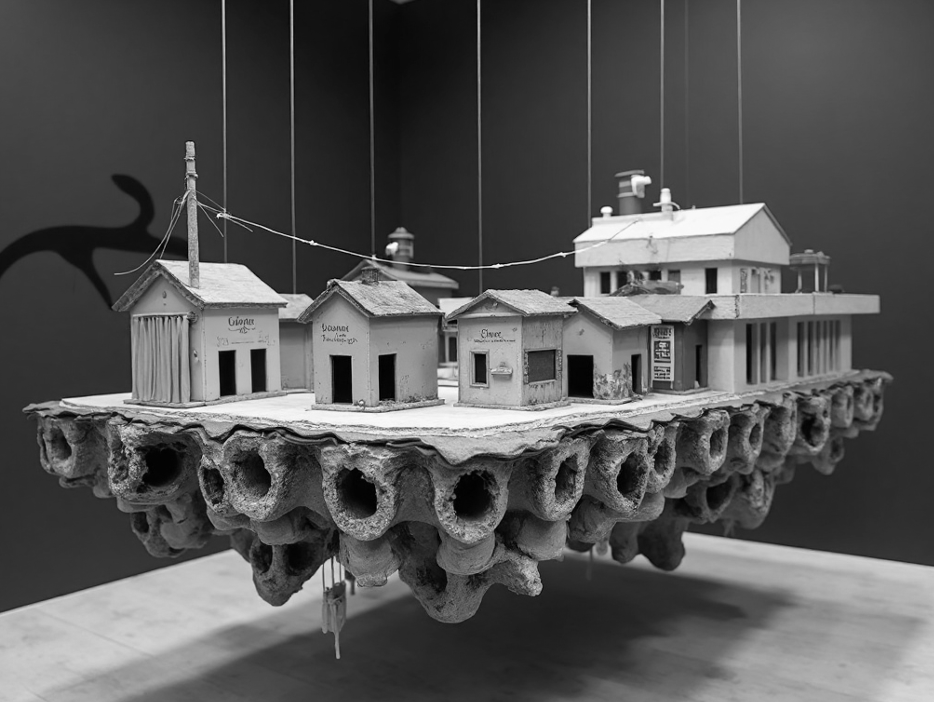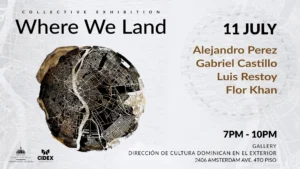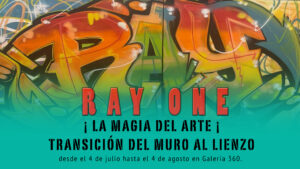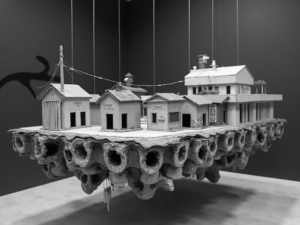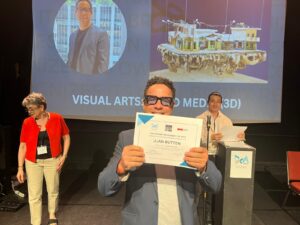por Juan Butten
There is a city that lives inside me. It doesn’t appear on maps or in immigration papers, but I feel it every time I have to toughen my skin. This city has no visible borders, yet it weighs heavily. It settles into the language I dream in, into the silences I leave when someone asks me where I’m from. I call it Exiliotrópolis: the city that can’t be left behind, even when you flee from it every day.
I’ve never wanted to detach myself from my story. On the contrary: over the years, I’ve felt more and more proud of where I come from. A place where people are truly warm, where kindness isn’t a strategy but a habit. Where solidarity comes naturally, and caring for others isn’t measured by personal gain. I’ve learned new languages, yes, and I’ve tried to adapt, to soften my accent, to blend into this new environment. But it was never about forgetting who I am — it was about finding better ways to tell where I come from. Because every gesture, every word I speak carries the echo of my street, my childhood, my people. And that echo, I don’t want to silence — I want to amplify it.
Some days, I think I’ve done it. That I’ve become someone else. That my identity was left behind. But all it takes is a word, a song, a smell, an image, for Exiliotrópolis to rise within me like a city after an earthquake. It’s not nostalgia. It’s a living city. A city that I am. One I cannot leave.
In my work , I’ve tried to visually build that dilemma: the body as a forced refuge, identity as a constantly mutating form, the self as a house that shifts but can’t shake its foundations. That house is not just architecture: it is history, heritage, language, conflict. It is my Caribbean. It is my rupture. It is the memory that won’t leave me in peace. And even if I cover it with new layers, even if I paint it with other colors, it’s still there. Like a shadow that doesn’t respond to the sun, but to the soul.
That world is also inhabited by beings I call the Mutantópolis: creatures who’ve had to mutate in order to survive in Exiliotrópolis. They live in a city crossed by giant steel worms that stretch from end to end, carrying hurried, nearly absent bodies. There, no matter how close people are to each other, each one travels in a different dimension. Empty gazes. Closed ears. No one notices — even for a second — the being right beside them.
Exiliotrópolis is a city that refuses to die. A city made up of everything I once tried to leave behind: my culture, my roots, my fears, even my pride. And yet, that city is also what keeps me standing. My voice, my way of seeing, my need to tell this. Because I couldn’t create without that fracture, without that wound that defines me as much as it hurts me.
There is no exile without contradiction. No migration without mourning. And no identity without shadow.
Exiliotrópolis is not just the place I once lived in — it’s the place that now lives in me.

